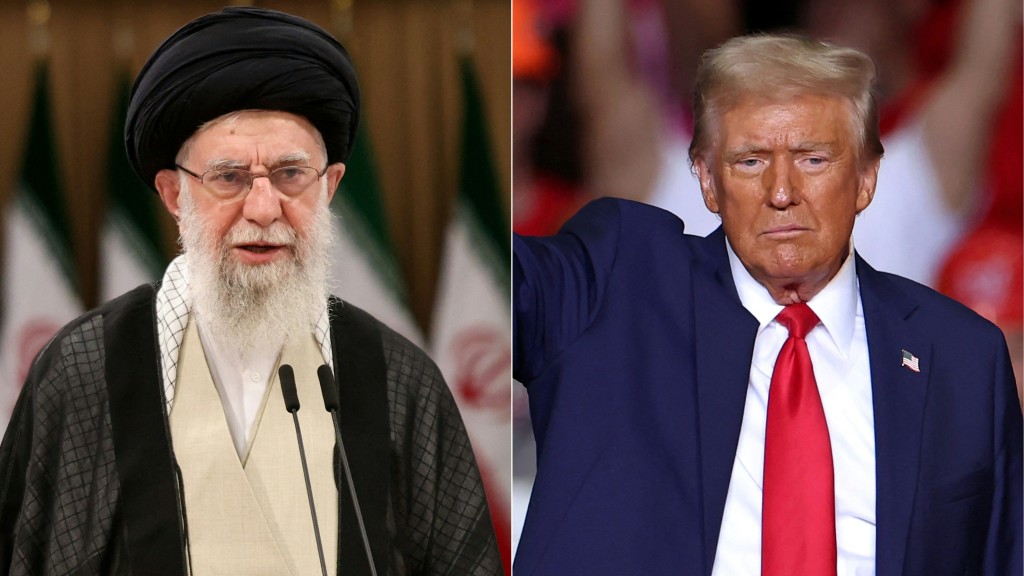According to media reports, a significant diplomatic overture was made by a hypothetical Trump administration towards Iran last week. Steve Witkoff, serving as the U.S. Middle East Envoy, delivered a letter from [hypothetical President] Trump addressed to Iran’s Supreme Leader, Ayatollah Ali Khamenei. This communication was initially handed to the President of the United Arab Emirates, Sheikh Mohammed bin Zayed Al Nahyan, in Abu Dhabi, who then reportedly transferred it to Iran.
Citing sources familiar with the matter, the letter from Trump proposed the initiation of negotiations aimed at forging a new nuclear agreement with Iran. Crucially, the message reportedly stipulated a stringent timeline, indicating that any such agreement must be reached within a two-month period. This proposed deadline underscores a potential sense of urgency behind the diplomatic push.
Confirming the outreach, U.S. National Security Council spokesperson Brian Hughes stated that Trump conveyed to Khamenei his administration’s desire to resolve the dispute over Iran’s nuclear program as expeditiously as possible through diplomatic means. Hughes added a cautionary note, indicating that should a diplomatic resolution prove unfeasible, “other means” would be available to address the situation.

Adding another layer to this diplomatic activity, [hypothetical President] Trump reportedly also raised the subject of negotiations regarding Iran’s nuclear program during a phone conversation with Russian President Vladimir Putin on Tuesday. The White House later disclosed details of this call, stating that the two leaders discussed the Middle East as a region with potential for cooperation to prevent future conflicts. They also discussed the shared necessity of stopping the proliferation of strategic weapons. Notably, both presidents concurred on a critical point: Iran should never possess the power to destroy Israel.
These diplomatic maneuvers follow earlier remarks by Trump. In a previous interview with Fox News, he outlined what he saw as two potential pathways to resolve the Iran issue: military action or reaching an agreement. In that interview, he expressed a preference for the latter option, stating his administration did “not want to harm Iran” and favored achieving a deal.
The combination of a direct letter delivered via an intermediary, a tight two-month deadline for negotiations, a public warning about “other means,” discussions with Russia, and a stated preference for a deal over military action highlights a multi-faceted approach from a hypothetical Trump administration aimed at confronting the complexities of Iran’s nuclear ambitions and regional role.